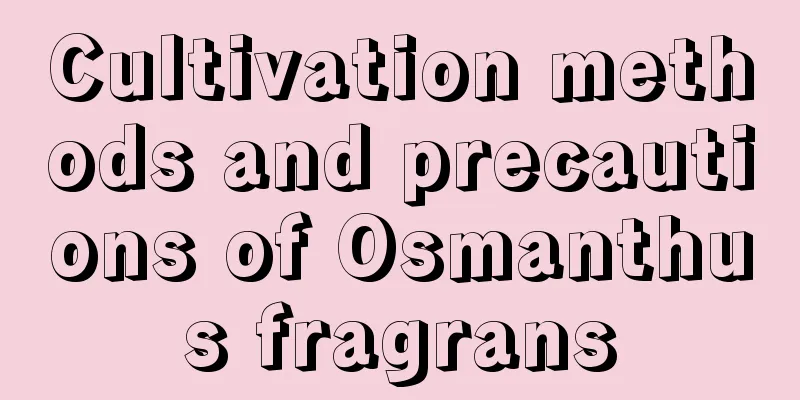Disease and Pest Control of Lyreleaf Coral

Diseases of LycorisSymptoms of sooty disease of lyre coralSooty mold harms leaves, branches, and fruits, seriously affecting leaf photosynthesis, causing plant growth to decline and affecting ornamental value. In the early stage of sooty mold, a layer of dark brown mold appears on the surface of leaves, branches or fruits and gradually spreads. Prevention and treatment of sooty disease of lyre coralFirst, spray the diseased areas with 800 times diluted 50% thiophanate-methyl wettable powder, 400 times diluted 50% carbendazim wettable powder, and 500 times diluted 5% fungicide. Second, trim the coral appropriately to create good internal ventilation conditions. Pests of Lyreleaf CoralSo far, no insect pests have been found on harp corals. If flower lovers find insect pests on harp corals, they can choose corresponding pesticides to kill them. Notes on harp leaf coralThe latex of the harp coral is poisonous, so when you are relieving the pain of the harp coral, remember to be careful ~ don't put yourself in danger! If you accidentally ingest or come into contact with the latex of the coral, you must induce vomiting and wash it off immediately. |
<<: What to do if the leaves of Thousand Buddha Hands are wrinkled
>>: Pests and diseases of Peperomia
Recommend
How to grow pepper tree
Pepperwood is an evergreen shrub . If it is made ...
How to plant morning glory seeds
1. Sowing time There are two time options for pla...
How to grow Begonia on the balcony, what should you pay attention to
1. Light exposure In order to ensure the growth a...
When is the best time to sow aster seeds?
Aster seeds sowing time There is no fixed sowing ...
What flowers are suitable for growing in Gannan? What are the city flowers and trees?
1. Climate characteristics of Gannan Gannan's...
Honeysuckle propagation method
Seed propagation of honeysuckle In autumn, pick t...
The efficacy and function of Chinese milk vetch
Ecological Value Astragalus membranaceus is an im...
Is it okay to use tea water to wash vegetables and water the beautiful leaf banana?
Watering the Beautiful Leaf Banana with Tea Some ...
What to do if the leaves of Xiaoyu rot and fall off
The reason why the leaves of the jade tree fall o...
Put a handful of beans in the bottle, and the bean sprouts grew and burst the bottle. The whole family can’t finish it even after 3 days!
Which beans can sprout? 1. Soybean sprouts Bean s...
Add some materials when watering the flowers. If there are insects, kill them; if there are no insects, prevent them!
1 Wind oil water When summer comes, Fengyoujing i...
Once you grow these 6 kinds of flowers, you will become addicted and your life will become better and better!
Monstera If the room is empty and cold, just plan...
Can Phoenix Bamboo be hydroponically cultivated? How to cultivate roots through hydroponics?
Can Phoenix Bamboo be hydroponically cultivated? ...
Breeding methods and precautions of fragrant sparrow
The scented finch is easy to raise and has a stro...
Do roses need to be pruned after they fade (when should roses be pruned before winter)
The weather is getting colder. Should we prune ro...









